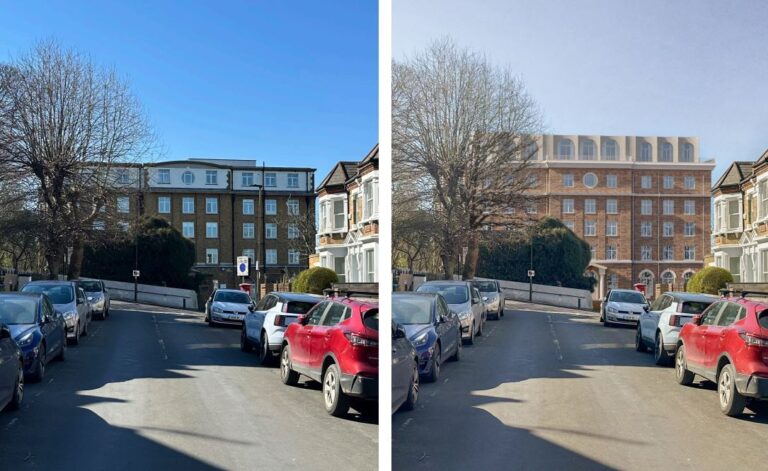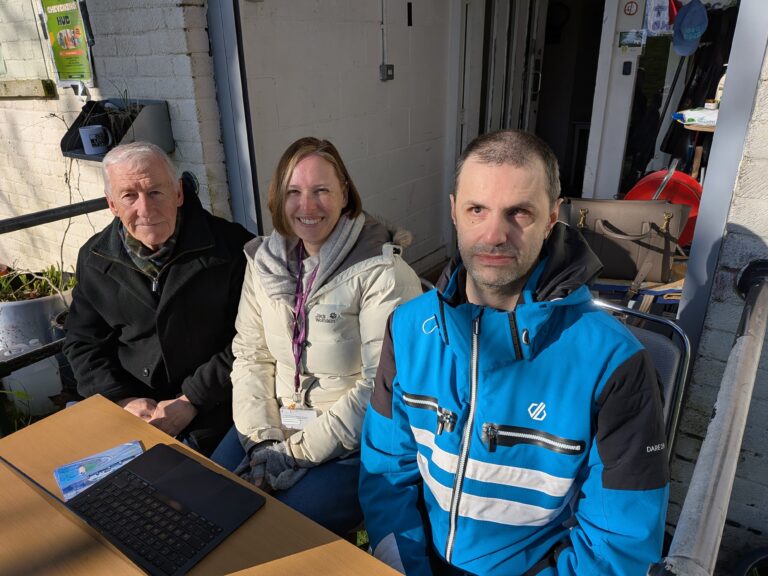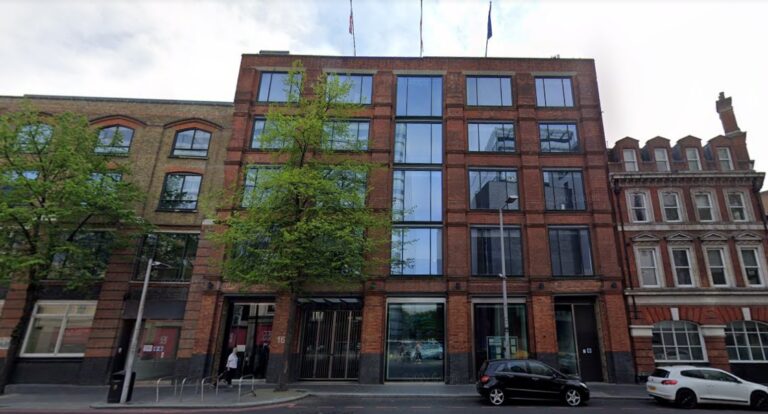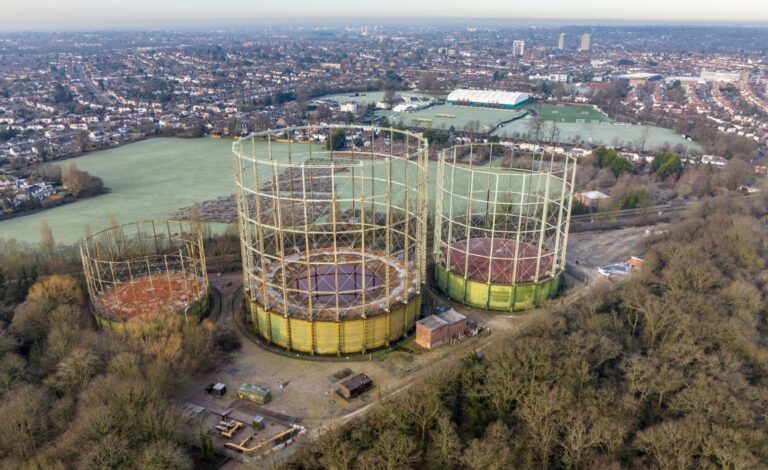Maternity services at a famous South London hospital have been rated “inadequate” in a damning report which found people had decided to leave before being seen because it was taking so long.
The Care Quality Commission (CQC) told St George’s Hospital, in Tooting, to make “significant improvements” to maternity care following an inspection in March.
The hospital is a major trauma centre used to treat the most serious emergencies across the South East and is famous as having been the featured hospital on a series of TV documentary 24 Hours in A&E.
But it was the hospital’s maternity services that were the focus of the most recent inspection by the CQC, the report for which was published on August 17.
Inspectors said there were “not enough staff” on the maternity unit to keep people safe and described the delivery suite as a “chaotic environment without clear organisation or leadership”.
They found evidence people had discharged themselves before being reviewed due to “long waiting times” and saw women waiting “without privacy or any way to call for assistance”.
Jacqueline Totterdell, group chief executive of St George’s, Epsom and St Helier University Hospitals and Health Group (GESH), said standards on the unit had fallen below the group’s expectations and “immediate action” had been taken to address the concerns raised.
The hospital is run by St George’s University Hospitals NHS Foundation Trust, which is part of GESH.
Inspectors described facilities at the unit as ageing and in “disrepair”.
They saw areas were “dirty and poorly maintained” and raised concerns about “poor levels of tidiness” on the unit, where they found “cluttered environments, obstructed emergency equipment and doorways, and equipment stored in inappropriate places such as corridors and staff rooms”.
Birthing rooms did not have ensuite facilities, according to the report, and there were not enough toilets and bathrooms on the unit so people had to travel “some distance to use the bathroom even following surgery or if unwell”.
The report also said incidents were regularly graded “inappropriately” as “adverse incidents” instead of “serious incidents”, including stillbirths.
It said baby deaths in October 2022 were not discussed at Serious Incident Declaration Meetings (SIDM) until January 30, 2023, which was a “slow response”.
The CQC said the service did not assess people’s risk in a “consistent way” when they arrived, and did not always prioritise them according to their clinical need.
It said staff did not always have enough training in resuscitation, caring for people with disabilities or safeguarding children and young people, while training days were often rescheduled due to staff shortages.
Staff said they felt opportunities were not equal for all staff and inspectors saw people from ethnic minority groups were “underrepresented in leadership roles and promotions”, the CQC added.
The watchdog also found “high turnover rates” at the service, which stood at 21.5per cent overall from December 2022 to January 2023.
Staff described “waning enthusiasm, burn out, low morale and a negative impact on culture within the unit”.
The report added support for the service from the executive level was “poor, and executive leaders failed to recognise the severity of issues faced within maternity”.
But people using the service also told inspectors staff were “caring, friendly and took time to explain information”.
The service used a “maternity passport” to make sure people with learning disabilities could communicate effectively, the report said, while a maternity helpline had been introduced.
The CQC added that a new maternity strategy had been put in place and staff said the workplace culture was improving.
It said improvements had been made to equality in the hospital and the trust’s Workforce Race Equality Standard (WRES) action plan was rated “outstanding” by the national WRES team.
This was the first standalone inspection of maternity services at the hospital, which had previously been rated with gynaecology services.
The CQC served the trust with a warning notice after the inspection, asking it to make “significant improvements”.
The trust submitted an action plan in response, which will be monitored by the watchdog.
The St George’s trust’s overall rating remains “requires improvement”.
Carolyn Jenkinson, the CQC’s deputy director of secondary and specialist healthcare, said it was “concerning to see a deterioration in the standard of care being delivered”.
She said staff and people using the service were “being let down by leaders who failed to respond quickly, resulting in care that was unsafe, and in the delivery suite, also chaotic”.
Ms Jenkinson said: “When things went wrong, we saw staff were honest and supportive to people, but leaders were slow to respond and often logged incidents as causing less harm than they did.
“We saw some baby deaths weren’t investigated as serious incidents and investigations didn’t always take place in a timely way. This is unacceptable and put people at risk of avoidable harm from mistakes being repeated.
“Staff told us care often felt unsafe because there weren’t enough of them, and we saw they’d reported numerous incidents in which people’s safety was at risk. Staff said managers told them nothing could be done, but we found opportunities to reduce risks had been missed or ignored.
“We also found people were at risk of infection because ward environments were dirty and poorly maintained. Again, staff had raised many issues with the trust but some longstanding problems still hadn’t been fixed.”
She said the CQC expected to see “rapid and significant improvements” and it would continue to monitor the service and trust.
Ms Totterdell said: “We take the findings of this report extremely seriously and accept that the standards on our maternity unit have fallen below what we expect.
“We have taken immediate action to address the concerns raised by the CQC and we remain committed to making improvements to ensure those providing and receiving care in our department have the best possible experience.
“I would like to reassure those due to give birth in our maternity unit that it continues to be a safe and positive environment to give birth in, which has been recognised by the CQC national patient experience maternity survey that rated St George’s as receiving the fourth highest patient satisfaction levels nationally in 2022, as well as being rated in the top three performing trusts in London for antenatal care.
“We understand that people may be concerned, and I would encourage anyone who is, to get in touch so we can listen to and answer questions directly.”






